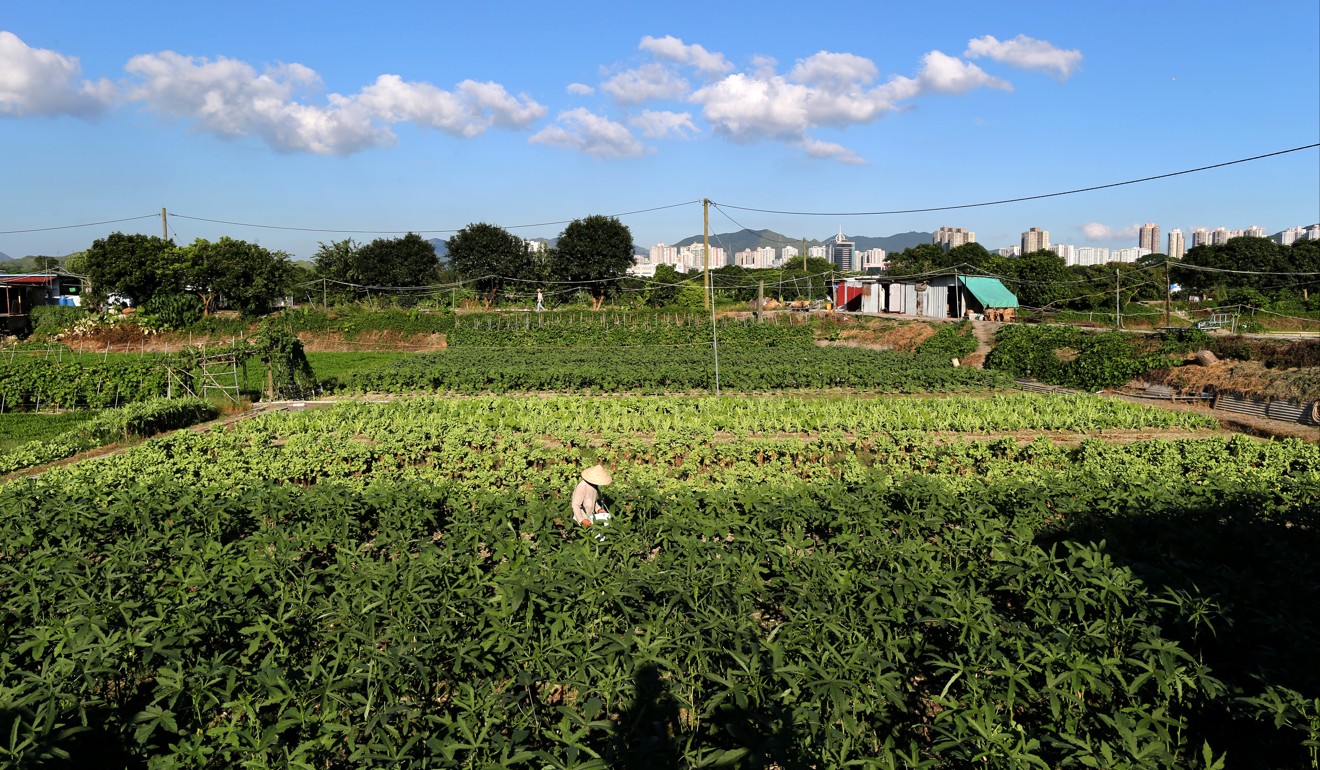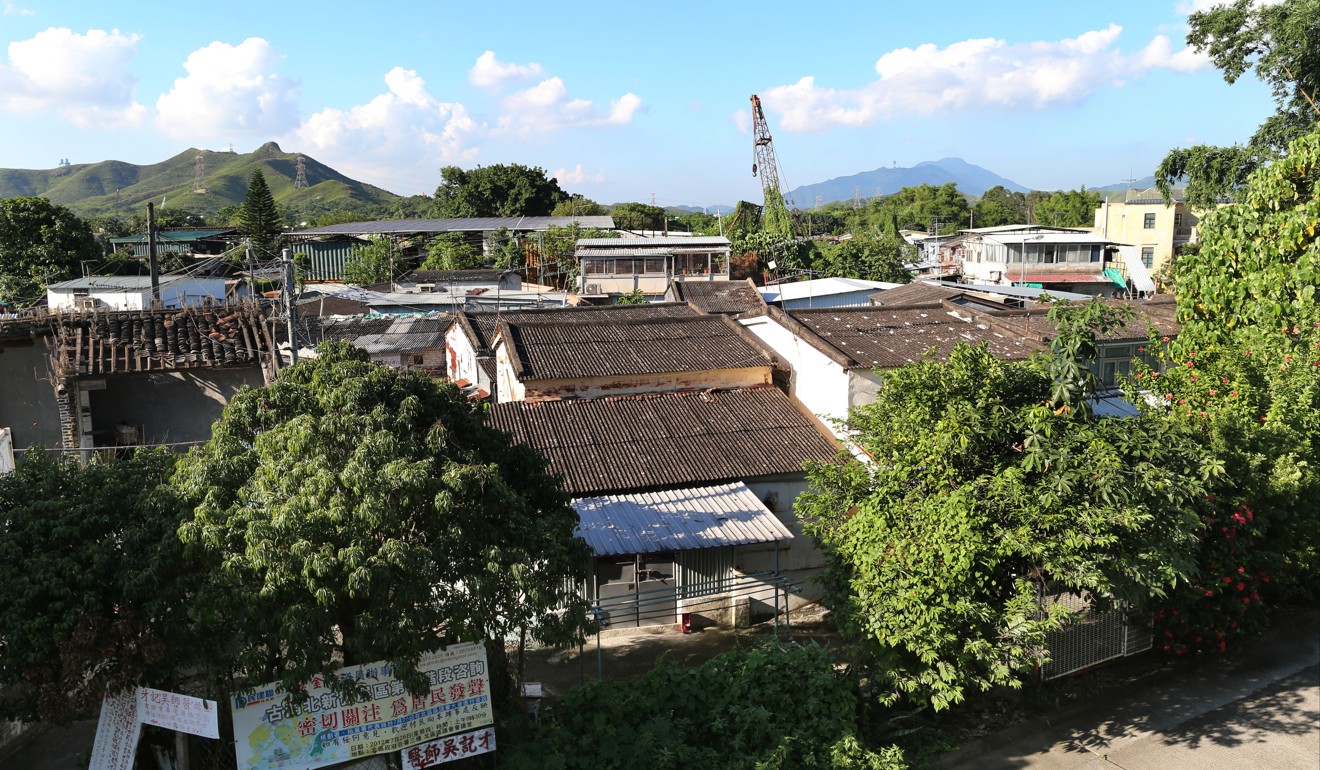Lawmakers accused government officials on Friday of being “overly worried” that New Territories farmers would exploit a housing compensation plan by building unauthorised homes after being relocated in a new town project.
The backlash came after Bernadette Linn Hon-ho, the Permanent Secretary for Development, told lawmakers at a finance committee meeting of the Legislative Council that relocated farmers in the government’s Kwu Tung North and Fanling North new town developments would not be allowed to build homes on their own farmland.
Linn explained: “If we allow villagers to find a squatter house on a piece of farmland to live in, they will be given a house as compensation when the government [one day] clears them for development purposes.”
She said this would create a market for squatter houses almost immediately, and pointed out that the government could not sustain such a policy.

Many full-time farmers in Hong Kong live near their fields, having to work long days and start from the early hours in the morning.
Under the relocation plan, farmers would need to travel between their farm and the public housing flats they will be relocated to.
Only temporary lodging facilities of roughly 100 square feet would be built on the site if they needed a place to rest so they could tend to their crops in the early hours.
The issue was raised on Friday because the government was seeking at least HK$32.9 billion (US$4.1 billion) for proposed infrastructure works and a detailed study to push forward the decades-old new town project.
How would Lee Kuan Yew have solved Hong Kong’s problems?
The project would displace about 1,500 households to provide 71,800 flats by 2031. The first phase is expected to relocate about 445 households and 141 businesses, with residents able to move in from 2023.
Debate over the controversial new town project, which has sparked years of protests against the displacement of villages in favour of urbanisation, has boiled down to relocation issues for farmers.

Lawmaker Fernando Cheung Chiu-hung, who represents the social welfare sector, said that officials were “overly worried”.
“Are there really so many people in Hong Kong who would pretend to be farmers and bet on the fact that sometime in the future the government will have to compensate them if they need to resume their land for development?” Cheung said.
In response, Linn said it was not an “unreasonable concern”.
“We have more than 380,000 registered squatters. We don’t want to encourage people to use squatter houses as a stepping stone in order to get a house in the future,” she said.
The government stopped allowing squatter homes to be built on agricultural land in 1982.
Hong Kong’s housing crisis cannot wait for long-term solutions
Lawmakers proposed allowing farmers to build two-storey, 400 sq ft homes on their farmland on the condition that they would not be given any public housing flats when they were displaced from their villages.
“You are building those temporary lodging facilities anyway, so it will just mean building an extra floor on top of it, it does not require any extra land,” said lawmaker Eddie Chu Hoi-dick.
Chu said the Agriculture, Fisheries and Conservation Department could make sure the policy would not be abused by only allowing genuine full-time farmers who fulfilled their criteria to be allowed to build such homes.







